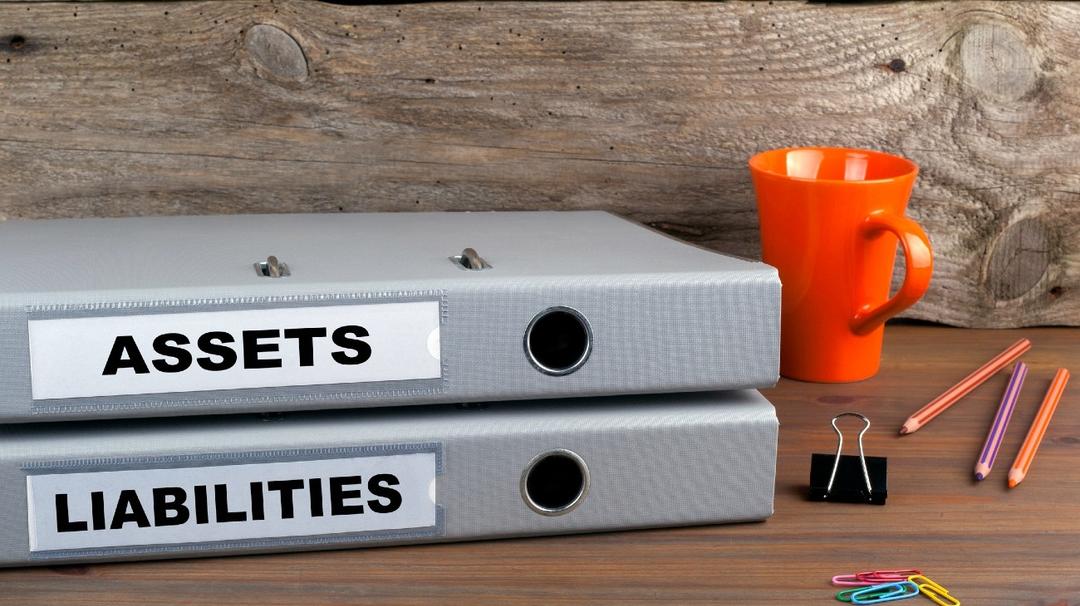
Starting a business can be equally exciting and stressful. Before you can get your business up and running, there’s much to consider regarding small business accounting and taxes. Ideally, a CPA (certified public accountant) tax accountant could handle everything from the initial EIN filing to business tax preparation on your behalf, so you can focus on growing your business.
When you work with a pro, you don’t need to have a background in finance. However, you should still know these five things about small business accounting.
1. Use Separate Bank Accounts for Business and Personal Use
Entrepreneurs often joke that they’re married to their businesses. However, while joint bank accounts are standard for spouses, entrepreneurs should draw a clear line between their business and personal expenses.
It might be tempting to consolidate all your expenses into a single account, especially in the early stages of starting your business. However, you’ll quickly realize how difficult it can be to remember what you purchased at the end of the month. Also, consider the struggles you’ll face if you receive an audit notice and have to sort through endless piles of documents, receipts, and bills to decipher which expenses were business or personal.
Keeping your business expenses in a separate account will simplify this process and help you stay organized.
2. Save for Taxes from the Beginning
Small business expenses and revenue ebb and flow — it’s part of the excitement of a new business. However, it’s critical to set aside enough money for the taxes you’ll eventually need to pay. Don’t underestimate how much money you’ll need for future tax payments. Failure to pay your taxes will only lead to trouble with the IRS; it’s wise to consult with a tax accountant who can advise you on small business tax preparation and get you started on the right foot. By planning ahead and saving, you’ll avoid any unpleasant surprises when it comes time to pay the IRS.
3. Track Income and Expenses
One of the many perks of being a small business owner is defining your income amount and deciding how to pay yourself. Depending on your business classification, you’ll either pay through an owner’s draw or a regular salary.
Regardless of the method, you’ll need to track this income and all of your other business expenses like rent, cost of goods, and payroll for any additional employees. This is a critical practice not only for your small business tax preparation needs but also for your personal taxes.
CPA income tax prep is an easy solution to keep your financial records organized and readily available for tax season. Income taxes can become complex when you’re a small business owner, so give yourself peace of mind knowing that a financial expert will handle the details.
4. Track Assets, Liabilities, and Equity
Income and expenses aren’t the only financial details you need to track for your business. Assets, liabilities, and equity are equally important to record because they give a bigger picture of your business's financial standing.
Assets refer to what a business owns, including accounts receivable and cash equivalents like money market funds.
Liabilities are the debt or other financial responsibilities that the business owes.
Finally, equity is the difference between assets and liabilities. The equity reflects the total value of a business if the assets were liquefied and the liabilities paid.
If you’re concerned about staying on top of your financial records, consider outsourcing these duties to an online accountant who can see trends and other details that might otherwise go unnoticed.
5. Pay Quarterly Estimated Taxes
Entrepreneurship has many rewards, such as creative freedom over business decisions and the ability to set your schedule.
The tradeoff for freedom is the additional work required to ensure accuracy for the business’s quarterly estimated tax payments. An online CPA can handle your self-employed tax filing and allow you to focus on other important goals, like growth and expansion. Using a CPA will also ensure compliance and minimize your tax liabilities.
Turn to the Experts for Year-Round Tax Advisory
There you have it! These are the five small business accounting basics every new entrepreneur should know. Whether you have a background in accounting or are entirely new to business taxes, you must stay on top of your business’s accounting and taxes.
Small business owners often stretch themselves thin trying to juggle their various responsibilities. One thing worth removing from your plate is accounting. The tax experts at 1-800Accountant provide tailored advice with unlimited support, a dedicated accountant, and transparent pricing. Learn more about our year-round tax advisory services to see what we can do for your business.
This post is to be used for informational purposes only and does not constitute legal, business, or tax advice. Each person should consult his or her own attorney, business advisor, or tax advisor with respect to matters referenced in this post. 1-800Accountant assumes no liability for actions taken in reliance upon the information contained herein.
